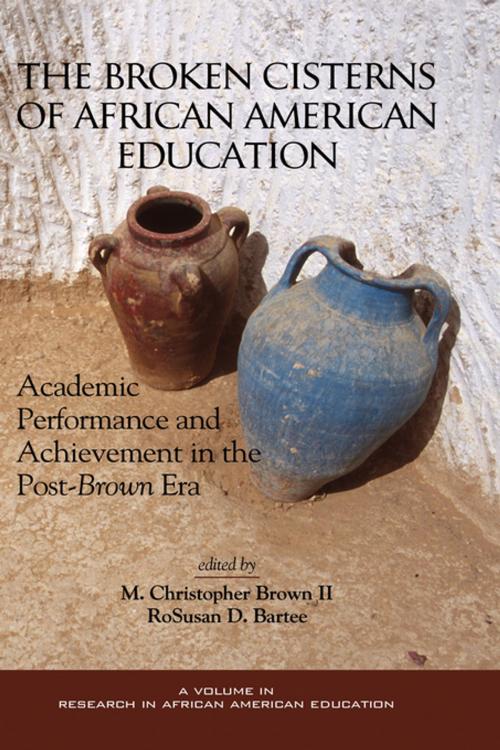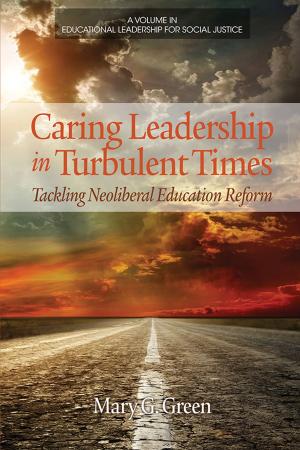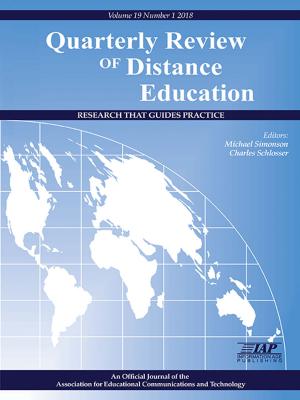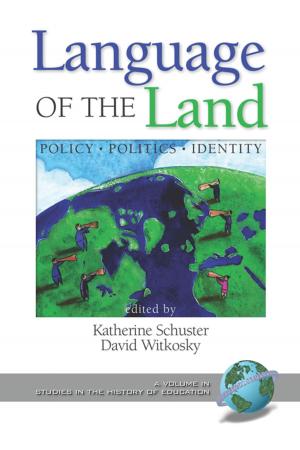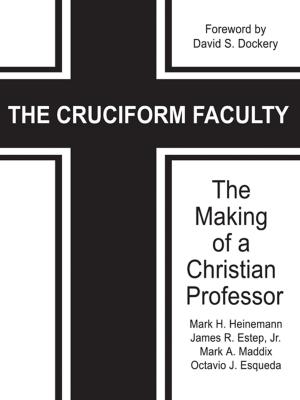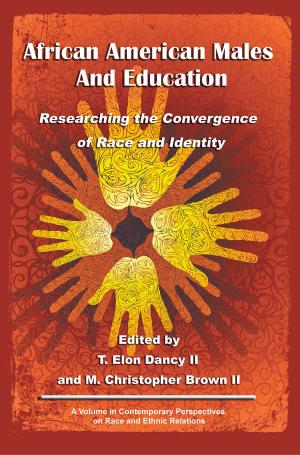The Broken Cisterns of African American Education
Academic Performance and Achievement in the PostBrown Era
Nonfiction, Reference & Language, Education & Teaching, Student & Student Life, Higher Education| Author: | ISBN: | 9781607529743 | |
| Publisher: | Information Age Publishing | Publication: | December 1, 2008 |
| Imprint: | Information Age Publishing | Language: | English |
| Author: | |
| ISBN: | 9781607529743 |
| Publisher: | Information Age Publishing |
| Publication: | December 1, 2008 |
| Imprint: | Information Age Publishing |
| Language: | English |
The failure of American education to achieve racial diversity has resulted from the inability of educational researchers, policy makers and judicial officials to disentangle the complex definitions that have emerged in a postsegregated society. More specifically, the capricious aim of postsegregated educational settings leads to the confusing and often conflicting interchangeable usage of terms desegregated, integrated and diversity. This ambituity is further confounded by the imprecise definitions of equity, equality and opportunity. The proposed book will examine the role of language postBrown v. Board of Education and the effects of that language on educational policy and practice. He also examines how the fundamental implications of language within postBrown court cases, in pre through postsecondary education, demonstrate the unspecified outcomes for desegregation and integration while concomitantly demand an educational continuum of equitable distribution. The arguments will further interrogate how education policy and practices implicitly contain a scholarly roadmap to forge equal opportunity and access, fifty years after Brown.
The failure of American education to achieve racial diversity has resulted from the inability of educational researchers, policy makers and judicial officials to disentangle the complex definitions that have emerged in a postsegregated society. More specifically, the capricious aim of postsegregated educational settings leads to the confusing and often conflicting interchangeable usage of terms desegregated, integrated and diversity. This ambituity is further confounded by the imprecise definitions of equity, equality and opportunity. The proposed book will examine the role of language postBrown v. Board of Education and the effects of that language on educational policy and practice. He also examines how the fundamental implications of language within postBrown court cases, in pre through postsecondary education, demonstrate the unspecified outcomes for desegregation and integration while concomitantly demand an educational continuum of equitable distribution. The arguments will further interrogate how education policy and practices implicitly contain a scholarly roadmap to forge equal opportunity and access, fifty years after Brown.
